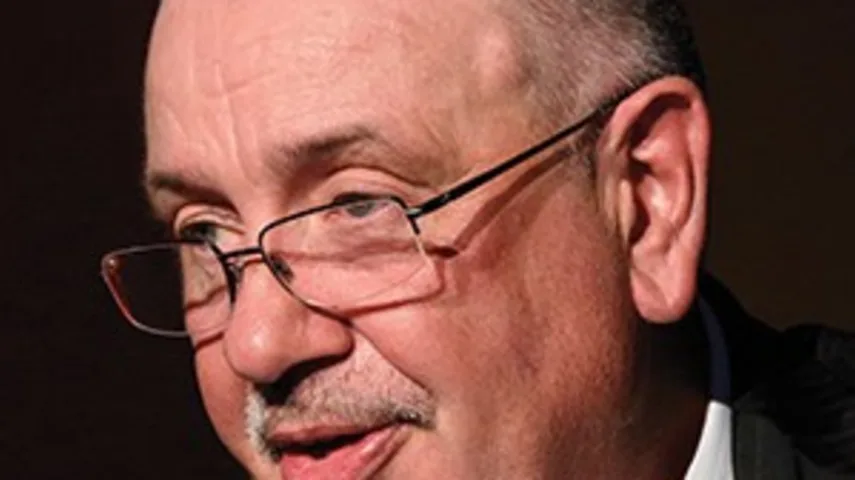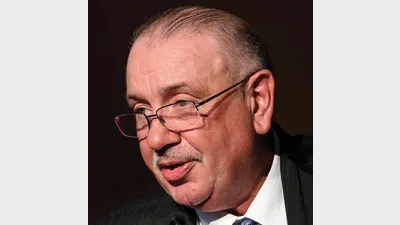Superannuation too important for tinkerers



When Peter Costello was Federal Treasurer in the Howard Government he set about changing the nation’s approach to the superannuation guarantee regime implemented by the previous Hawke and Keating Labor Governments. Nearly a quarter of a century later he and his acolytes are still seeking to implement change.
Over the years, Costello has leveraged his position as chair of the Future Fund to canvass a range of changes to superannuation not least to default superannuation by suggesting the possibility that the Future Fund might act as the manager of default funds in similar manner to the Canadian Pension Plan Investment Board.
As Treasurer, Costello is well-remembered for initiatives such as the superannuation surcharge, the superannuation co-contributions regime, transition-to-retirement (TTR) pensions and, of course, the employee choice of fund legislation which passed the Senate in July, 2005, and was expected by some to undermine the default flows into industry funds.
History shows that far from undermining the default flows to industry superannuation funds, Costello’s choice of fund had little or no effect. It also shows that the co-contributions and TTR regimes had to be wound back because they were deemed too expensive, particularly amid the economic challenges which followed the global financial crisis.
What history also shows is that when Costello left office in 2007 the superannuation guarantee stood at 9% and that it took another six years before it climbed to 9.25% where, thanks to the Abbott Coalition Government, it rose to 9.5% but has remained locked on that number until it is due to be lifted to 10% from 1 July, next year.
So, the bottom line with respect to the superannuation guarantee is that the Hawke and Keating Governments had the objective of lifting it to have reached around 15% more than a decade ago but, instead, it has risen just 1.5% in 13 years. It will be mid-2025 before it reaches 12% assuming there is no more Government tinkering.
Fast forward to 2020 and NSW Liberal Senate tyro and former Financial Services Council (FSC) policy executive, Senator Andrew Bragg appears to have adopted much of the sentiment if not the entire mantra of the Costello years with respect to the default status of industry funds but he has taken the debate a furlong further.
Bragg, while accusing the superannuation sector of being a hotbed of vested interests, has variously canvassed an element of voluntarism with respect to superannuation guarantee contributions alongside people being able to access their superannuation as part of a broader First Home Super Saver Accounts Scheme.
He has also canvassed the Government making its COVID-19 hardship early access superannuation scheme a permanent part of the superannuation landscape.
Given that the tax concessional status of superannuation contributions was always premised on the sacrifice of people not having access to their contributions until they reached preservation age (currently age 65), Bragg’s proposals inevitably raise questions about the future tax status of superannuation and, by definition, its ultimate attractiveness as an investment destination.
As the machinations of the Costello years as Treasurer prove, policy changes come and go according to the political and economic priorities of the day, but it is folly to undermine the underlying objective of Australia’s superannuation guarantee regime – the ability, via a combination of superannuation and the Age Pension, to deliver Australians a comfortable retirement.
Some would argue that the persistent delays to lifting the superannuation guarantee have undermined that objective and it would seem equally arguable that allowing people to access their superannuation for home ownership will further impede that objective.
It was only a few short years ago that the Coalition, recognising that superannuation fund members want certainty, was promising not to adversely tinker with the superannuation policy settings. That sentiment seems to have been lost on those currently enjoying their policy kite-flying and consequent publicity.
Recommended for you
In this episode of Relative Return Insider, host Keith Ford and AMP chief economist Shane Oliver unpack the RBA’s decision to keep the cash rate on hold in the face of rising inflation and whether the governor’s hawkish tone is a sign of things to come.
In this episode of Relative Return Insider, host Keith Ford and AMP chief economist Shane Oliver discuss the September quarter GDP figures, which show Australia’s economy regaining momentum.
In this new episode of The Manager Mix, host Laura Dew speaks to Haley Devine, head of wealth management at MaxCap Group, to delve into private credit and commercial real estate.
In this new episode of The Manager Mix, host Laura Dew speaks to Benjamin Leung, head of systematic investments at Macquarie Asset Management, to understand the use of systematic investments.







